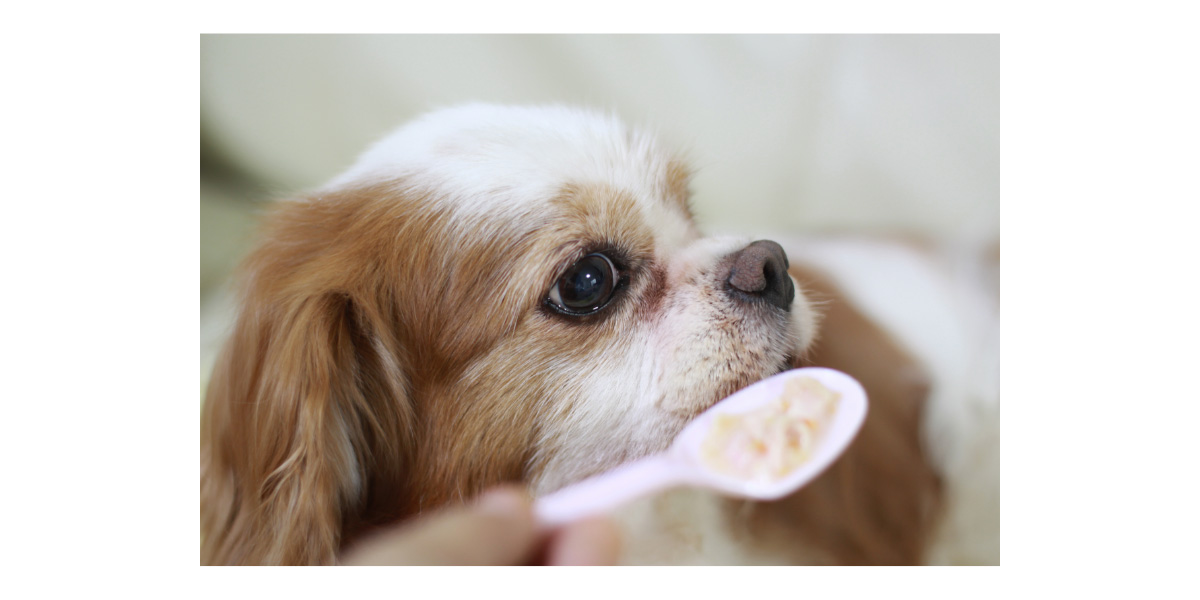
Save 35% with AutoShipUse code SAVE35 (Up to $20 max. Exclusions apply)

SAVE AN EXTRA $5 - $20 OFFUse code PETS in cart (Exclusions apply)

While efforts are made to answer all questions as quickly as possible, if an immediate answer is required or if your pet is in need of urgent or emergency care, contact your pet's veterinarian immediately.

You will receive an answer from Dr. Lindsay and our vet/tech team as soon as possible, usually the same day.
All answers are provided for informational or educational purposes only, and are intended to be a supplement to, and not a substitute for, the expertise and professional judgment of your pet's veterinarian.
It may be necessary to consult your pet's veterinarian regarding the applicability of any opinions or recommendations with respect to your pet's symptoms or medical condition.
Close
An error has occurred, please reload the page and try again.
CloseWhile efforts are made to answer all questions as quickly as possible, if an immediate answer is required or if your pet is in need of urgent or emergency care, contact your pet's veterinarian immediately.
There is no answer related to your question

Senior dogs adapt surprisingly well to losing most or even all of their teeth. Whether you’ve newly adopted a toothless senior dog, or your senior dog has had to have teeth removed at a recent veterinary appointment, you can learn to support their unique needs.
Tooth Loss In Senior Dogs
If your senior dog’s teeth have fallen out on their own, it’s important that you see your veterinarian as soon as possible for a dental exam. Tooth loss is a sign of severe gum infection that has broken down the tissue that keeps the teeth in place. Though the tooth may be gone, the underlying infection can lead to complications like jaw bone loss and even blindness. Your veterinarian can use an x-ray to determine the condition of the remaining teeth and gums, and can then clean and/or extract remaining teeth to eliminate infection.
Following your dog’s dental appointment, the incisions on the gums will be sore and will be closed with dissolvable stitches. Most recover quickly now that their mouth is free of painful, infected teeth. Always follow your veterinarian’s discharge instructions and administer any medications, especially antibiotics, exactly as directed.
What To Feed A Senior Dog With No Teeth
If there’s a dry food that your senior dog likes and does really well on, you do not necessarily have to change it now that they’ve lost their teeth. You can turn dry food into an easy-to-eat mush by soaking it in warm water for about thirty minutes. For convenience, you can rehydrate a few meals at once and keep it in the fridge for up to three days.
You can also keep high-moisture food on hand for times when you have forgotten to prepare kibble mush, or you may decide to switch their food entirely. Wet foods like Halo Senior Canned Dog Food is high in lean protein and low in carbohydrates, and it’s ready for toothless seniors to eat out of the can.
When it comes to treats, soft chews and freeze-dried treats can work for most dogs with no teeth. Take care that they take their time to “gum” soft treats rather than attempting to swallow them whole. You can also crush or soak their favorite treats to make them easier to eat.
Care and Hygiene for Senior Dogs with No Teeth
If your dog still has a few teeth, you may need to brush them. You can begin brushing a few weeks after dental surgery or as advised by your veterinarian.
Dogs without teeth may have nothing left to brush, but they can still suffer from gum disease, especially when food particles get caught in the crevices of their mouth. You can keep your senior dog’s gums healthy by gently brushing them with a soft toothbrush and canine toothpaste, or by wiping then with dog dental wipes. You can also use a dental water additive that helps clean their teeth every time they drink water.
Many senior dogs with no teeth develop hanging tongue syndrome, which is just what it sounds like. With no teeth to keep their tongue in place, it may hang outside their mouth. While not generally painful, a hanging tongue can become dry and cracked, and can even get sunburned.
Overall, once your dog’s problem teeth are removed, their health and quality of life improves significantly. With soft food and regular check-ins with their veterinarian, they can go on to live a happy, healthy life.
 Swipe
Swipe